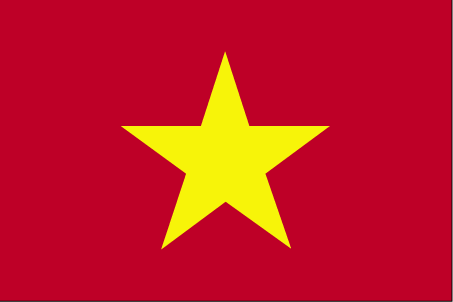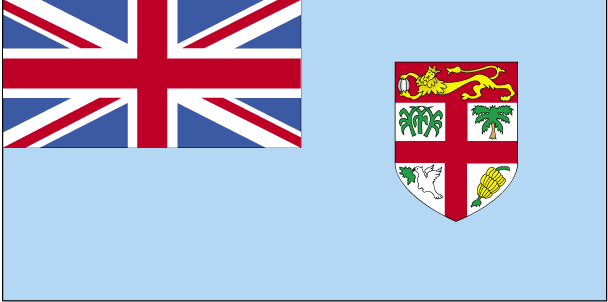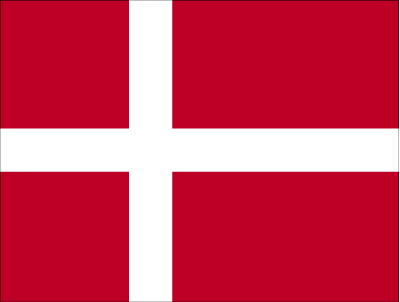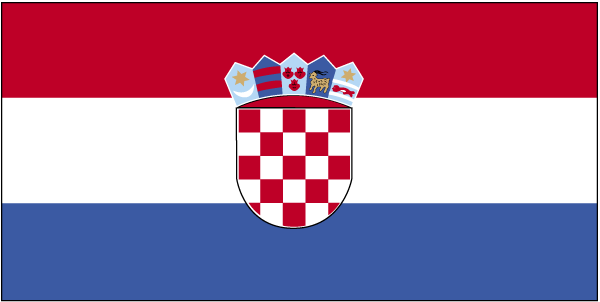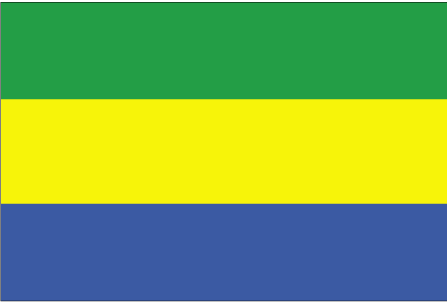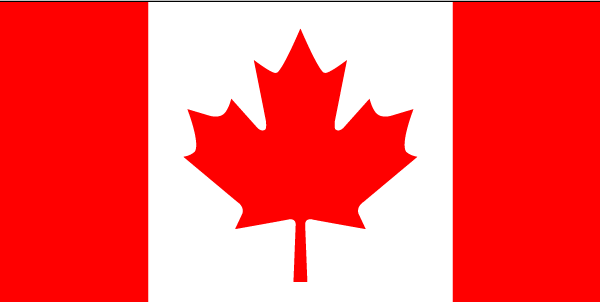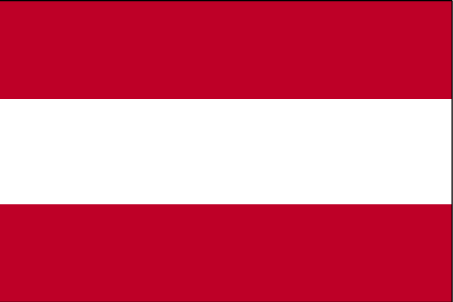FORUM: Ecology and Environment
QUESTION OF: Finding Measures to Prevent and Combat Wildfires
SUBMITTED BY: France
CO-SUBMITTERS: Gabon, Fiji, Bahrain, Greece, Vietnam, Croatia, Austria, Pakistan, Germany, Canada, Denmark
THE ECOLOGY AND ENVIRONMENT COMMITTEE,
Realizes the damage done by wildfires every year,
Highlights in 2021, 8,619 wildfires burned almost 2.6 million acres. There were three fatalities and 3,629 structures were damaged or destroyed,
Believes more precautions should be taken to stop wildfires from happening,
Prioritizes safety for all peoples and countries prone to wildfires,
Recognises that wildfires are expected to increase globally by 14% by 2030,
Further recognises 10.1 million acres of woodland was burned in 2020,
Understands that over 10 billion trees were burnt down in the last year,
Regrets that Prolonged drought has parched many areas leaving them highly susceptible to wildfire outbreaks,
1. Calls upon the creation of the sub-body UNWC (United Nations Wildfire Committee) to work alongside with the UNEO (United Nations Environmental Organization) to;
a. Give aid to the governments of countries such as but not limited to Canada, USA, Spain, Greece and Portugal to strengthen their preventive measures,
b. Help research the most effective way to protect woodland areas,
c. Attempts to protect animals and their habitats from the fires;
2. Calls for the creation of a UN fund to be overseen by the UNWC and financed by the IMF, that in the event of a major wildfire would help to fund actions such as but not limited to;
a. Clean up of the affected area;
i. To be done by people such as but not limited to forestry workers and park rangers
b. The rehousing of those displaced by wildfires
c. The rewilding of the area through practices such as but not limited to;
i. The planting of trees, flowers and grass
ii. Introduction of insects and animals,
3. Requests member nations to contribute trained individuals to a UN task forcibly the name of United nations Wildfire extraction extinguishing Force (UNWEEF) with the permission and invitation of member nations, that would train and advise local and national firefighters in the most efficient, effective and new methods in the prevention and fighting of wildfires to tame the blaze;
a. For Fighting the wildfires themselves,Evacuating civilians in danger and Helping the rebuild afterwards
b. Overseeing the deployment of aid to the member state of the forms;
i. medical
ii. emergency aid,
4. Encourages member nations to incentivise their forestry workers in areas - that have historically been affected by wildfires and areas that could in the future become subject to damaging wildfires - to use practices over seen by UNWC, practices such as but not limited to;
a. The addition of empty space between shrubs and trees when planting new vegetation
b. The adequate Mowing of grassy areas on a regular basis,
5. Encourages the inclusion of specific targets to be coordinated by UN Environment Programme regarding the progression wildfire prevention, progress of collaboration and related legislative changes for respective member nations within the World Trade Organization (WTO) Accession framework, particularly relating to the revision of water, sand and other fire extinguishing substances provision legislation to ensure improved access to such services;
a. A series of IMF supported programs, to be overseen by the Strategy, Policy, and Review Departments of the IMF, thus recognizing the importance of wildfire prevention for agriculture and everyday life for the local populations in providing a sustainable use of woodland areas and other uses of forested regions;
6. Further calls for the creation of a mass media campaign through the means of social media, billboards, in person and online seminars and biodegradable leaflets (for people in LEDCs) to be carried out in conjunction with the UNEP and to be overseen UNWC to educate the global population on topics such as but not limited to;
a. Fire prevention by:
i. The extinguishing of fire pits and campfires when
ii. The reporting of unattended fires,
iii. The careful disposal of litter in particular the disposal of incendiaries such as cigarettes,
iv. Using caution when using flammable liquids,
v. Paying attention to local regulations for the burning of goods,
vi. Only using fireworks and other types of incendiaries in clear areas with no woods nearby,
vii. Teaching people safety rules of how to prevent wildfires from occurring, as well as teaching people how to deal with wildfires that are ongoing,
viii. Aiding in the problem of global warming, which contributes largely to wildfires;
7. Requests that all member nations make efforts to reduce the impact of climate change in accordance with the UNFCCC (United Nations Framework Convention on Climate Change) including but not limited to;
a. Increasing the use of renewable energy;
b. Improve energy efficiency of buildings;
i) Reduce CO2 emissions;

